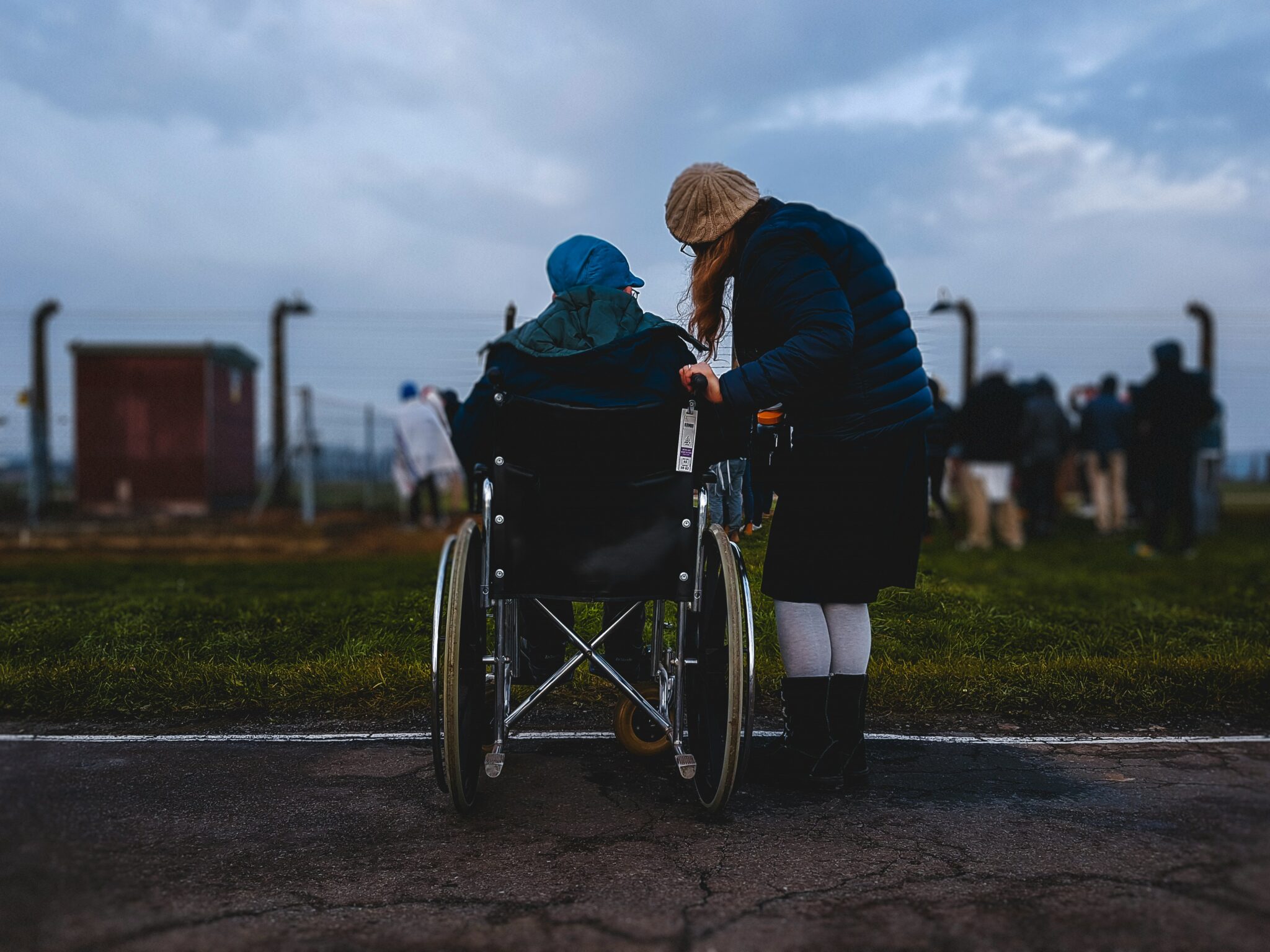
The Importance of Bodily Autonomy for People with Disabilities
Can you decide who can touch your body? Do they ask your permission before doing so? For most adults, these questions seem obvious. But for many people with disabilities—especially those with reduced mobility—these are everyday and deeply relevant issues. When individuals are restricted in their ability to make decisions about their own bodies, they become vulnerable to multiple forms of violence. This is particularly true for women with disabilities, who are up to three times more likely to be victims of sexual abuse according to the World Health Organization.
This vulnerability often arises because caregivers, who provide physical or emotional support, may touch the body or make decisions without consulting the individual. As a result, people with disabilities may struggle to express their feelings, talk about their bodies, or set personal boundaries. Experts emphasize the importance of including people with disabilities in comprehensive sexual education to address these challenges.
Persistent Stereotypes and Taboos
Laura Ximena León, a psychologist and social projects specialist working with Profamilia, a sexual services and information agency, highlights that while progress has been made, comprehensive sex education remains a taboo topic in Colombia. Many families and educational institutions avoid addressing it due to the myth that it encourages sexual relations in children and teenagers.
Regarding people with disabilities, the situation is even more critical. Persistent stereotypes suggest that people with disabilities do not understand, do not live their sexuality, or are “children forever.” As a result, they are rarely taught about their bodies, privacy, interactions with others, or consent. Caregivers also often lack guidance on how to handle the sexuality of family members with disabilities.
Structural Exclusion from Education
Colombia has a General Law for Education and an Education Project for Sexuality and Construction of Citizenship (PESCC), which mandates teaching these topics in schools and colleges. However, structural exclusion of people with disabilities from the education system means they are often absent in environments where they could learn about sexuality and autonomy. According to data from the Comptroller’s Office, eight out of 10 students with disabilities were not registered in the Colombian education system by 2024.
Without comprehensive sexual education, individuals may not know how to identify or name acts of violence. Andrea Parra, a lawyer and head of Talleristas por la Justicia, explains that this creates a "perverse cycle." Without proper education, people may not recognize situations of sexual violence, especially when they lack the language, images, and information to do so.
The Role of Comprehensive Sexual Education
Comprehensive sexual education is a vital tool for establishing healthy boundaries. Even when individuals with disabilities have personal assistants who need to provide physical care, there are consensual and respectful ways to do so. However, this is not always the case, as experts warn that risks persist in both family and institutional settings.
Additionally, discussions around sexuality among people with disabilities often stem from fear or violence rather than pleasure, joy, or the freedom to make choices about their own bodies. Many are seen as either asexual or hypersexual, leading to control measures such as forced sterilization.
Accessing Justice and Overcoming Barriers
Recently, the National Institute of Legal Medicine and Forensic Sciences incorporated the disability category into its records, marking an important step toward quantifying and revealing cases of sexual violence affecting this population. Yet, experts say there are still significant barriers to accessing justice.
Bubulina Moreno, a sexual and reproductive rights expert who lives with a disability, notes that sexual violence involves multiple factors. While private or family spaces are often perceived as safer, the majority of cases handled by her occur within the family. Communication barriers also hinder access to justice, as the system does not always accommodate diverse communication methods. Although tools like sign language interpreters or digital voice tablets exist, they are not always available or accessible.
There is also mistrust toward testimonies given by disabled individuals. For example, people with intellectual disabilities may lack information in easy-to-read formats, while non-verbal individuals face major obstacles in expressing themselves. The criminal justice system demands accurate descriptions of aggressors, which is challenging for those with visual impairments or communication barriers.
Strengthening Bodily Autonomy
A recent guide published in Spain, called Educational Resources for the Prevention, Early Detection and Response to Sexual Violence in Women and Girls with Cerebral Palsy, offers guidelines to strengthen the autonomy of individuals with disabilities. These include:
- Ensuring bodily autonomy to allow free, conscious, and informed decisions about one's body.
- Avoiding unnecessary or intrusive physical contact and respecting personal space.
- Not infantilizing or ridiculing disabled individuals; using age-appropriate language.
- Validating opinions and wishes regarding appearance, lifestyle, and preferences.
- Respecting the right to personal autonomy in communications.
- Encouraging the ability to express wishes and establish healthy relationships.
These guidelines highlight the importance of recognizing and supporting the autonomy of all individuals, regardless of their abilities.